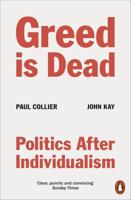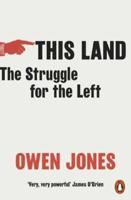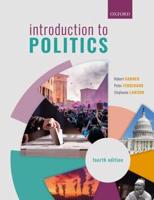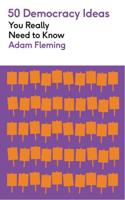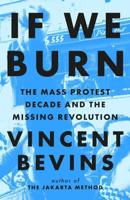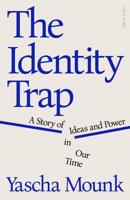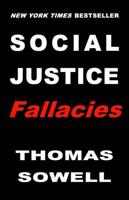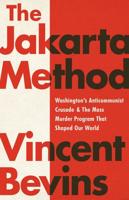Publisher's Synopsis
The bicultural polity of Cameroon has become problematic over the years. In addition to the increasing marginalization experienced by its English speaking component in many domains (politics, administration, economy, culture), it is facing mounting inequality and disarray despite the nation-building aspirations at reunification in 1961. This book examines the very basis of the union crisis by tracing the causes to the asymmetrical nature of negotiations between the contracting partners - the founding fathers of the union - and the politics of guile and force that has characterized the regimes in Yaoundé. From a federal model that takes the equality of the contracting parties as a given, the polity has developed into an ethno-regional patchwork designed by its architects to be essentially unequal in nature. Consequently, the segmented Anglophone community can exist only in contradiction within itself. They have been worked into the regime's statecraft of consciously maintaining or re-activating ethnic boundaries inherited from colonialism. An analysis of the cultural and linguistic dimension of the union shows contrasting drives between the assimilation/attempts to dominate by the French-speaking component and resistance by Anglophones. The analyses further show the projected harmonization and rollback by the State, the creative blends and the crystallization around continuing or reproduced colonial experiences, a fierce competition between elites with a drive to impose the culture of the demographically dominant and a refusal to accept the idea of a linguistic minority. The contentious experience, Yenshu Vubo argues, can still be remedied by reforms in a politics of possibilities. These reforms must be ready to re-examine the constitutional basis of the union by revisiting the often dismissed question of the form of the state defined as "one and indivisible" (a new federal architecture as requested by several political voices). Institutions should be restructured to attend to diversity issues and essential linguistic differences while consolidating any strategic gains of the union such as the creative blends and the acceptance of specificities of each community, statutory equality of citizenship and the essential clauses of the first federation.

